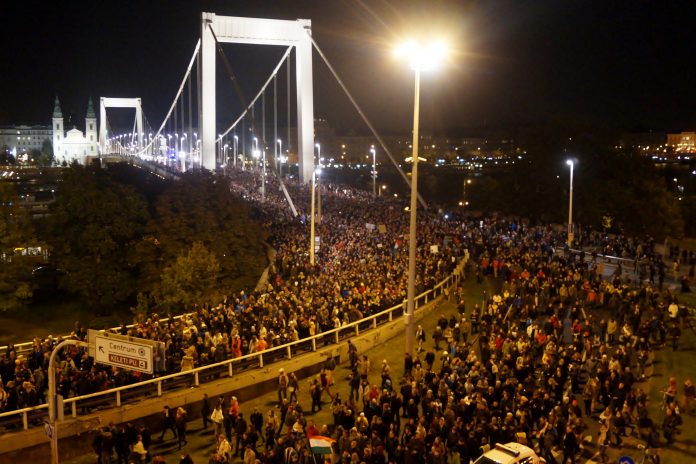Members of the European Parliament on April 19 called for a new European Values Instrument to support civil society organisations, which are facing difficulties in securing enough funds to develop and perform their activities independently and effectively.
Approved by 489 votes to 13, with 14 abstentions, the MEPs called on the EU to set up the European Values Instrument to promote and protect EU values, especially democracy, freedom, the rule of law and fundamental rights, within the EU budget of the next Multiannual Financial Framework (MFF). The new instrument should fund civil society organisations which are active at local and national level in promoting and protecting these values.
It should also be complementary to already existing European funds and should be financed with fresh money.
The Progressive Alliance of Socialists and Democrats (S&D) Group backed the creation of a European Values Instrument. The group’s vice-president responsible for civil liberties, justice and home affairs, Josef Weidenholzer said: “The European Union is founded on the basis of democracy, the rule of law, and human rights. Sadly, these things can no longer be taken for granted in all EU member states. In Hungary especially, we have seen a concerted attack by Victor Orban’s government on non-governmental organisations attempting to uphold these principles. Sadly, this is now occurring in other EU member states as well. Independent civil society is the life and soul of a functioning democracy and the EU has a duty to help support it.”
Weidenholzer also said the new instrument should be included in the next long-term budget of the EU, from 2020. It should receive at least as much funding as the current European instrument for democracy and fundamental rights, which serves a similar purpose for countries outside the EU. And it should be managed directly by the European Commission.

